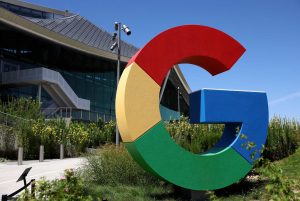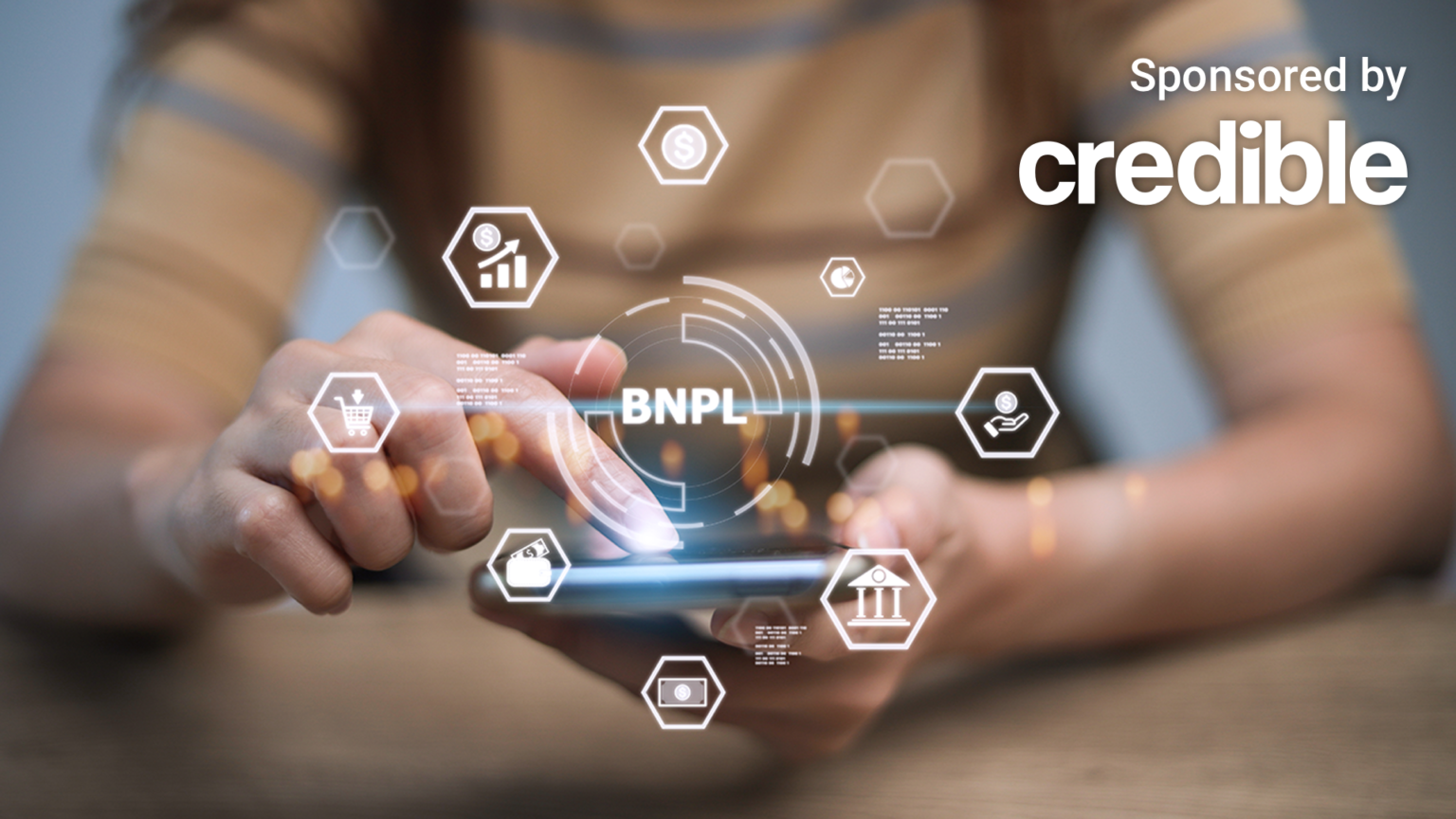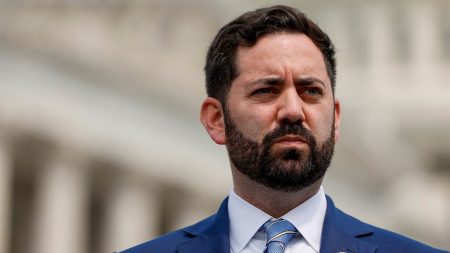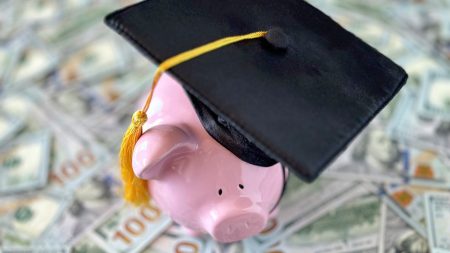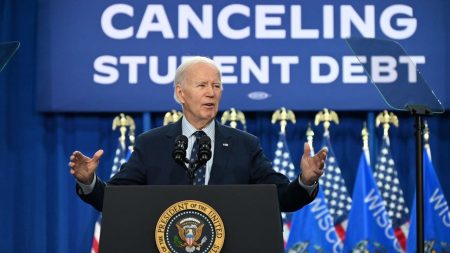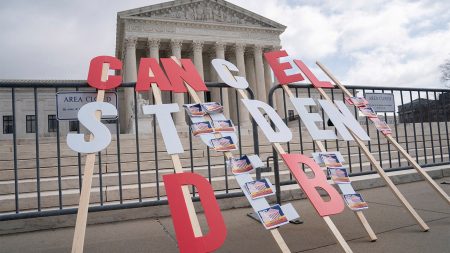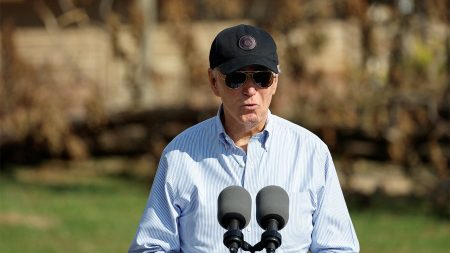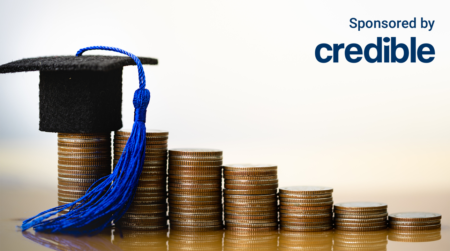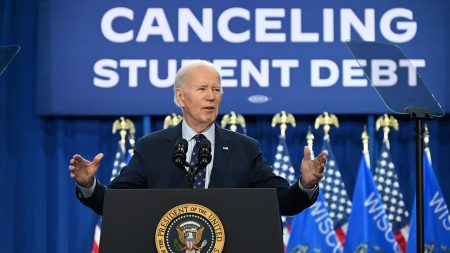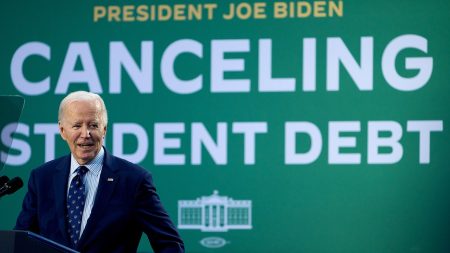Buy now, pay later (BNPL) has been marketed as a sure thing for consumers looking to access hassle-free credit. Still, some users of these credit products said they have faced denial or lower spending limits when they tried to make a purchase, according to a Wall Street Journal report.
BNPL providers partner with retailers to allow shoppers to split the cost of their online purchases into multiple installments at checkout.
Part of the appeal is that the installment payments, which typically begin within a few weeks of the purchase, are interest-free. Many firms don’t typically report to credit bureaus, making them a relatively accessible option for consumers.
However, there have been signs that BNPL providers have had to slow down lending and become more selective to turn a profit in the current tighter lending environment, according to the WSJ report.
BNPL providers, unlike traditional lenders, need to borrow to make loans, making them vulnerable to higher costs in the current high-interest-rate environment and harder to offer consumers zero-interest installment plans, WSJ reported.
“The Buy Now, Pay Later model is experiencing a moment of adjustment,” Finty Co-Founder and Managing Partner Andrew Boyd said. “It’s no surprise that the tightening credit environment and rising costs are causing providers to reassess their strategies.
“The initial surge of BNPL was powered by relatively low interest rates and a strong appetite for credit,” Boyd continued. “However, as we’re seeing interest rates climb and bank failures become more prevalent, the risk associated with providing such services has also increased. In turn, this is leading to stricter credit assessment policies.”
If you need help funding a large purchase, a personal loan could be a good option for you. You can visit Credible to find your personalized interest rate without affecting your credit score.
DEMAND FOR USED CARS LIKELY TO GROW AS CONSUMER SEEK AFFORDABILITY: EDMUNDS
BNPL demand likely to last, experts say
Despite the stricter lending environment, demand for BNPL is likely to remain strong, especially among younger consumers who appreciate its convenience and simplicity, according to Boyd.
A recent Citizens Bank and Wakefield study said that 18% of Americans had used BNPL to pay for purchases above $500 in the past 12 months. Additionally, 46% who have not used a BNPL service said they would consider it for big purchases.
The current challenge for BNPL providers is ensuring their services are sustainable and profitable in the long term, Boyd said.
“Hence, we can expect providers to explore ways of mitigating risks and diversifying their offerings,” Boyd said. “I would foresee the BNPL model evolving but not disappearing. The market may slow, but the underlying consumer behavior driving its growth is still very much present.”
New providers entering the space could help meet the growing demand, according to Publicis Sapient Head of Financial Services David Donovan.
“While there may be some guardrails and tighter regulations to ensure that people using BNPL can make their payments, it hasn’t led to a slowdown in the industry,” Donovan said. “Also, as more large enterprises, like Apple and Walmart, add BNPL services that potentially contribute to their ability to sell more products, this will only further grow the BNPL market.”
If you have taken on debt through buy now, pay later, and need help paying it down, a personal loan could help. You can visit Credible to compare multiple personal loan lenders at once and choose the one with the best interest rate for you.
MANY AMERICANS EYE BUY NOW, PAY LATER TO GAIN MORE FINANCIAL FLEXIBILITY: SURVEY
Consumer spending is at an all-time high
Inflation and rising costs have pushed Americans to increasingly lean on credit to make ends meet. Total household debt increased to $17.05 trillion in the first quarter of 2023, according to the latest data by the New York Fed.
Credit card balances dipped 1.5% quarter-over-quarter but remained near record highs at $917 billion, according to a recent TransUnion report. That’s an increase of almost 20% compared to last year. Moreover, the average balance per consumer grew 14.4% year-over-year to $5,733.
Balances for unsecured personal loans rose 26.3% year-over-year in the first quarter of 2023 to register a new high of $225 billion. The average loan amount per borrower rose to $11,281 from $9,896 the year before.
A higher interest rate environment has also meant that borrowers have had to pay more to borrow money. The Fed raised interest rates by another 25 basis points in May, raising the federal funds rate to a targeted range of 5% to 5.25%, the highest level in 16 years.
BNPL can be a good strategy in a rising interest rate environment and tight credit conditions, according to Donovan.
“Since BNPL doesn’t charge interest on the outstanding balance, it offers an alternative to traditional borrowing methods with higher interest rates and allows consumers to actually skirt the high-interest rates as long as they make their payments on time,” Donovan said. “It’s important for consumers to make their payments on time to avoid late fees and potential negative effects on their credit.”
If you are looking for ways to reduce your expenses and put money back in your wallet, you could consider using a personal loan to pay off high-interest debt at a lower rate, helping you save money each month. You can visit Credible to find your personalized interest rate today.
FED’S MAY INTEREST RATE HIKE COULD HARM REGIONAL BANK LENDING, MORTGAGES, EXPERT WARNS
Have a finance-related question, but don’t know who to ask? Email The Credible Money Expert at [email protected] and your question might be answered by Credible in our Money Expert column.
Read the full article here
